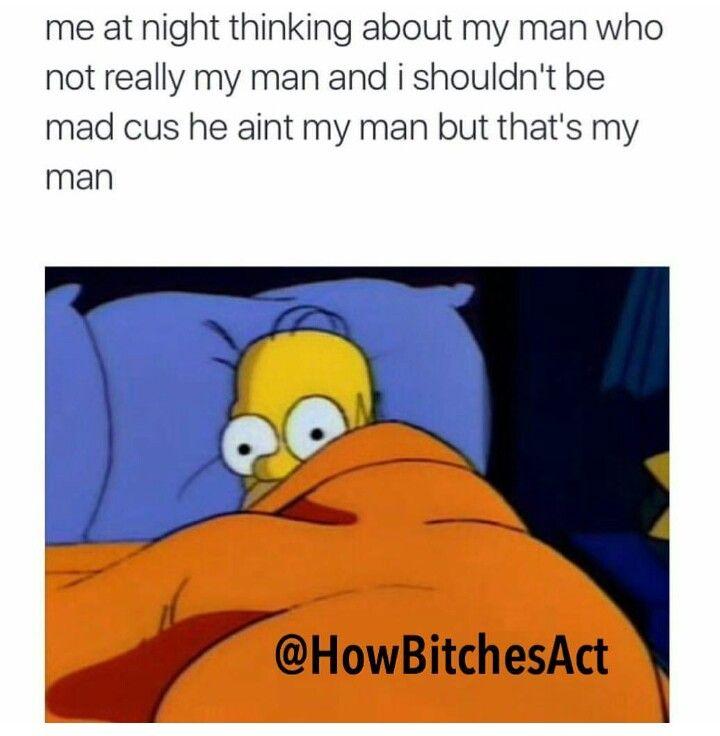113
Facetune Alisha Andrade Most adolescent life in the western world (and in many other parts of the world) is completely centered on their online presence and social media. Social media and apps like Instagram and TikTok have emphasized personal appearance and the curation of a particular image more than ever before. With this over emphasis on having a ‘perfect’ personal appearance, according to the constantly changing, impossible beauty standards, photo and video editing has become incredibly normalized. One of the most popular, and widely used and known of these photo editing apps is Facetune. Urban Dictionary defines Facetune as, “An app commonly used for editing substandard selfies.” (Facetune, Urban Dictionary) Initially released in 2013, Facetune ranks number 16 amongst all photo and video apps and is rated 4.4 stars out of 5 from its users. The app, made specifically for the editing and enhancement of selfies and other selfportrait photos, provides users with several beauty filters as well as the ability to apply edits such as teeth whitening, removal of blemishes, smoothing out skin, correcting bad lighting, contouring, adding makeup and even adjusting, refining, or resizing shapes or body parts. The popularization of photo editing, specifically with Facetune by celebrities, has turned the app name Facetune into a verb in itself. Instead of claiming to have edited or photoshopped their photos, individuals might say “I facetuned that photo before posting it.” This app, and this term as a verb, has become popularized in recent years by the celebrities who use it including, Tana Mongeau, Khloe Kardashian, Sarah Hyland, and Alex Cooper. (See Tweets below)




































